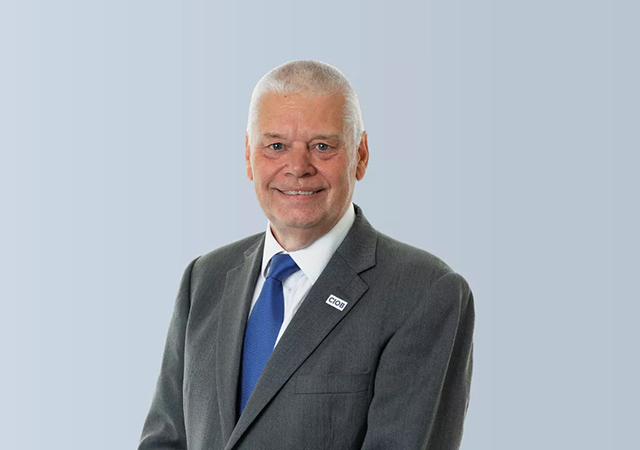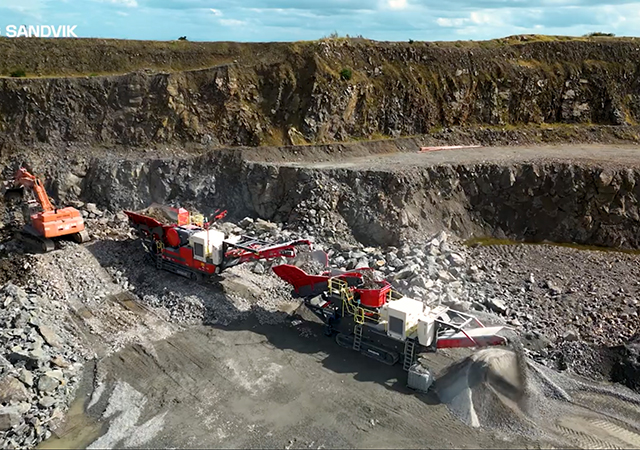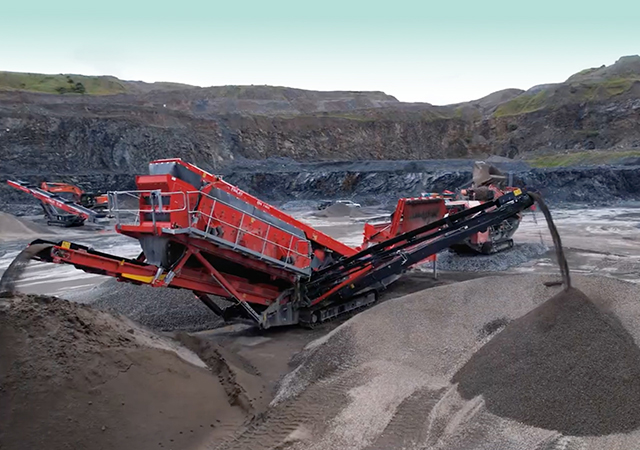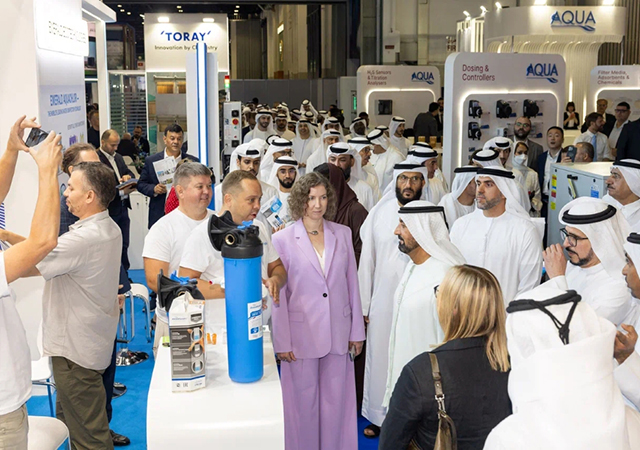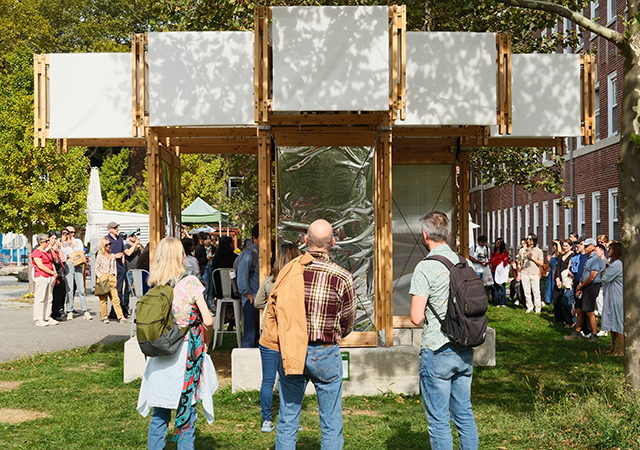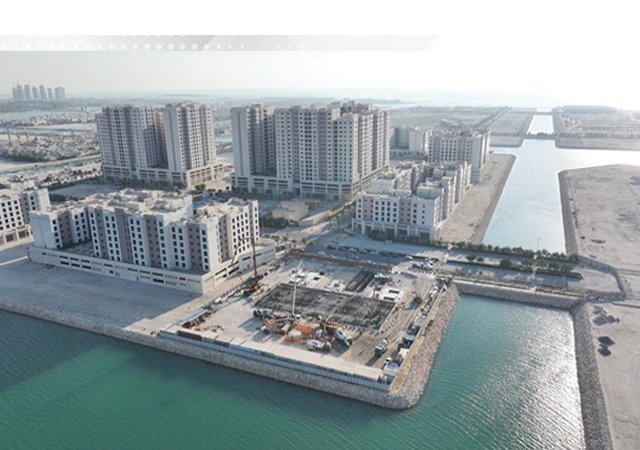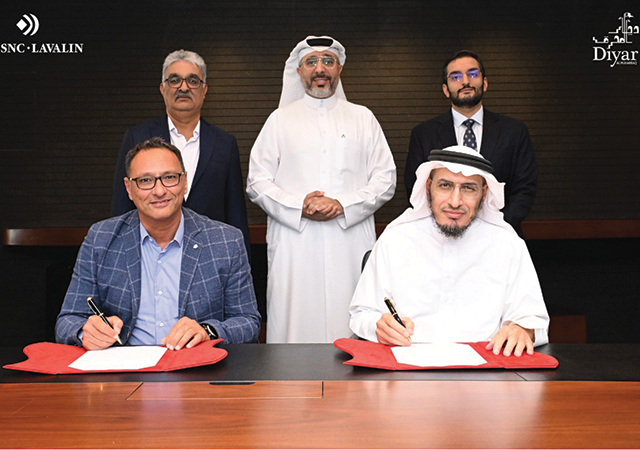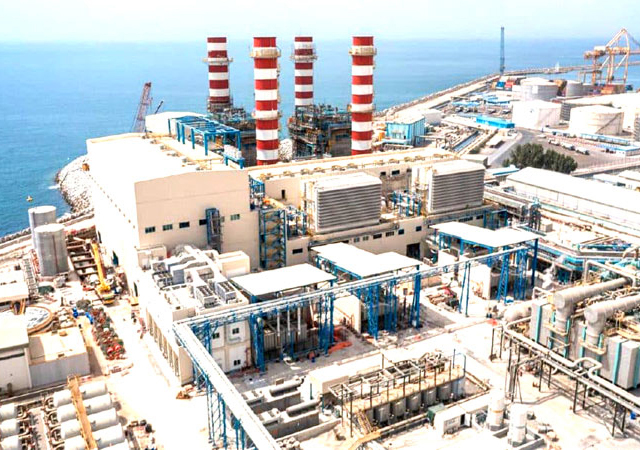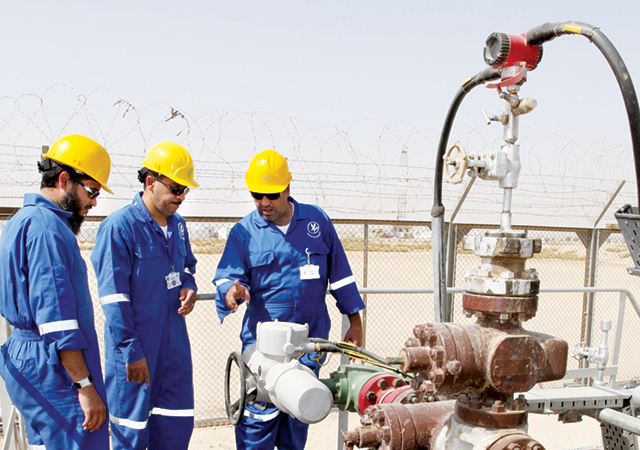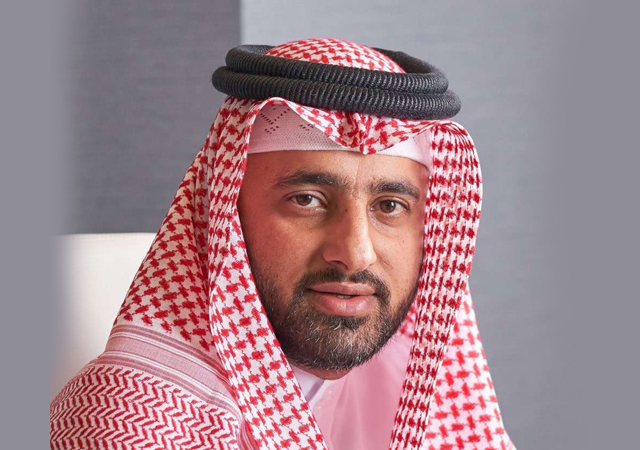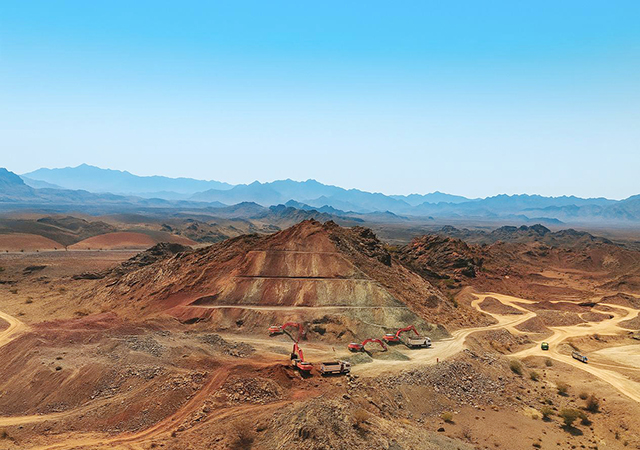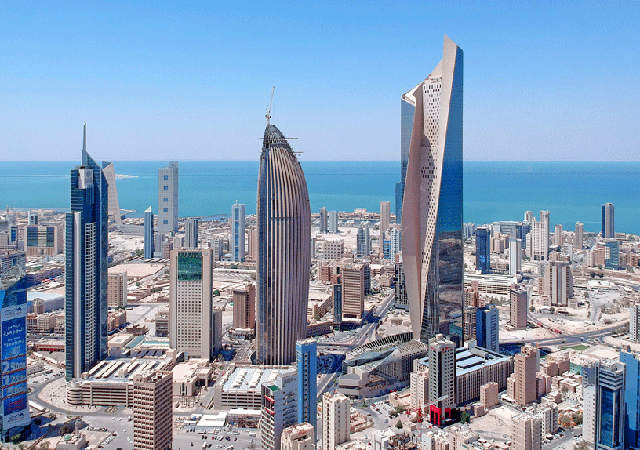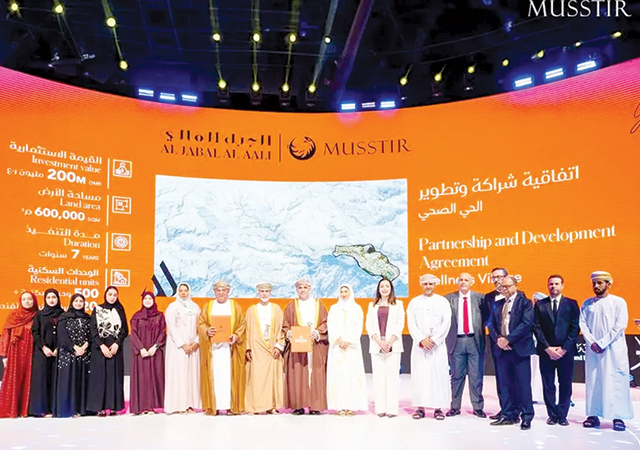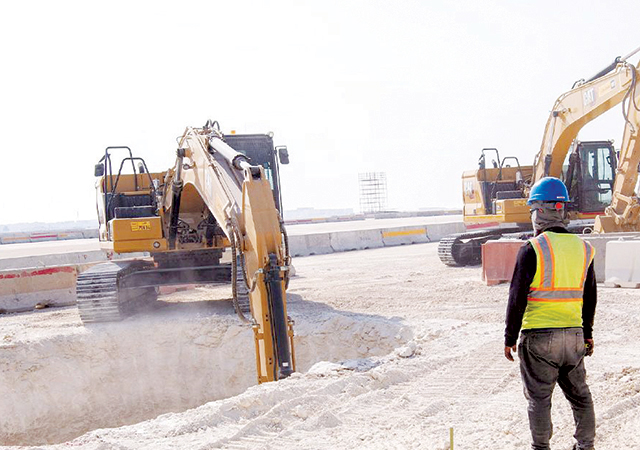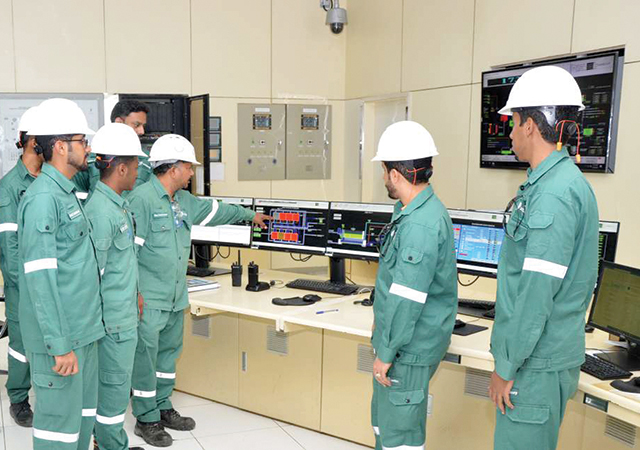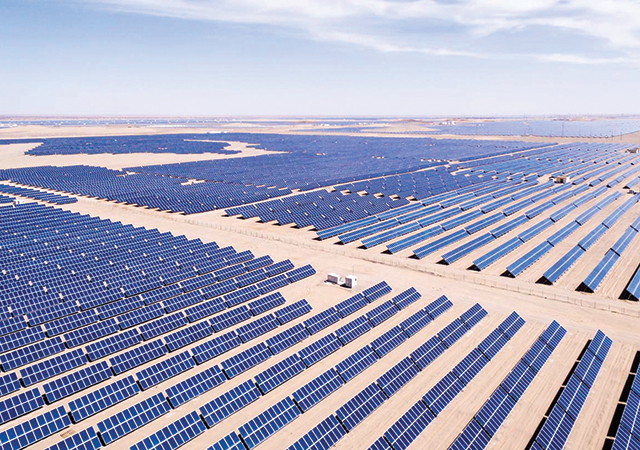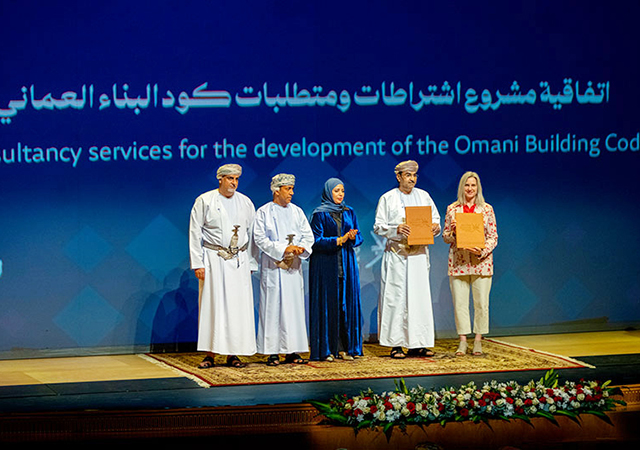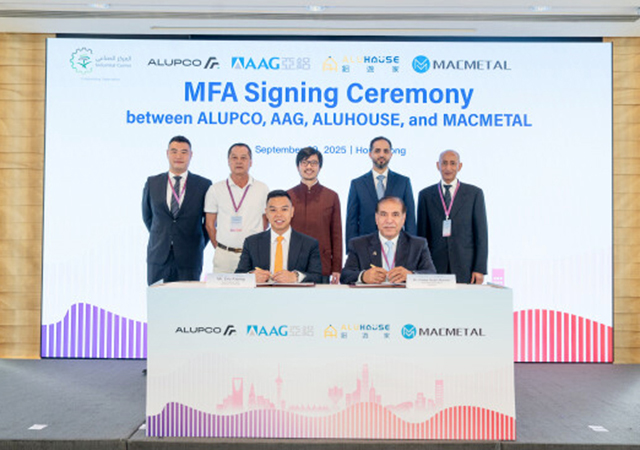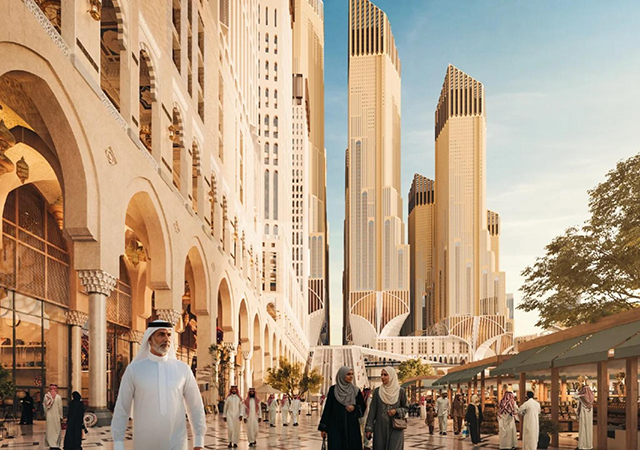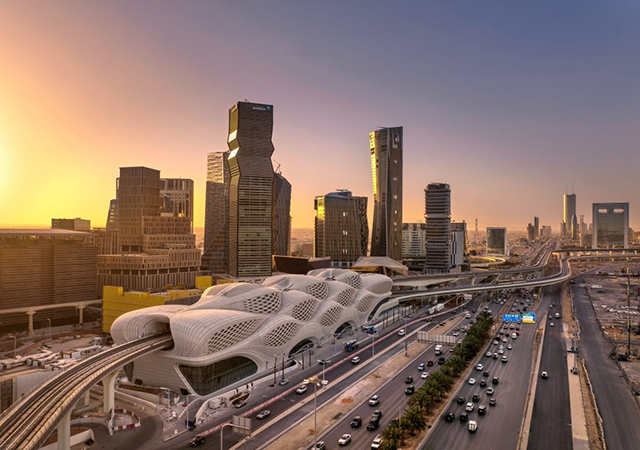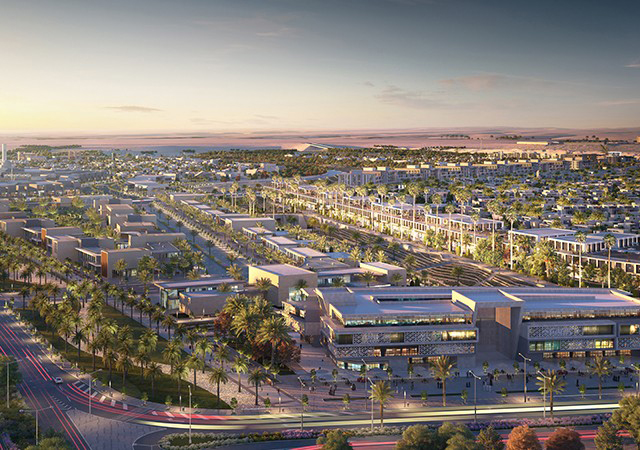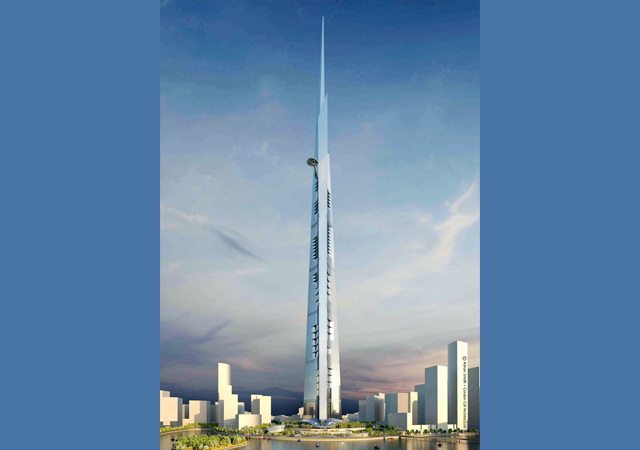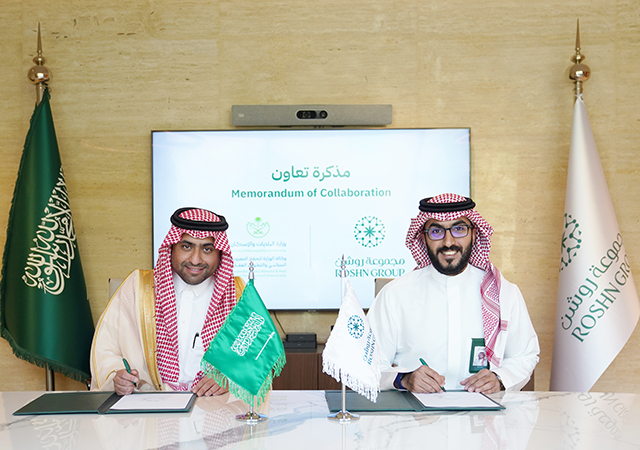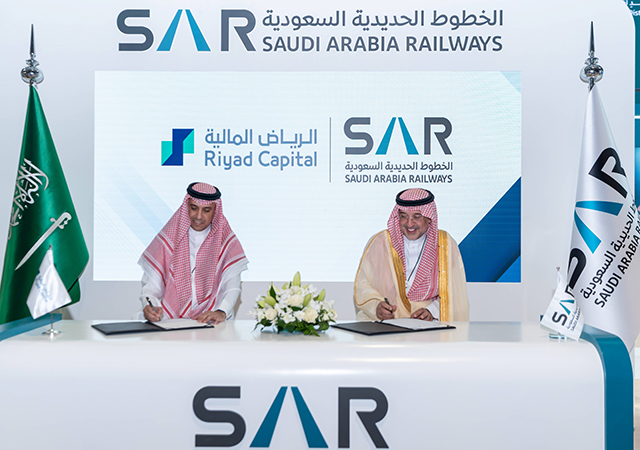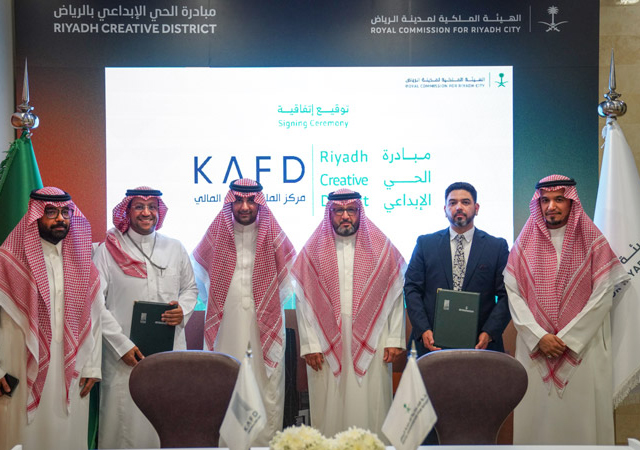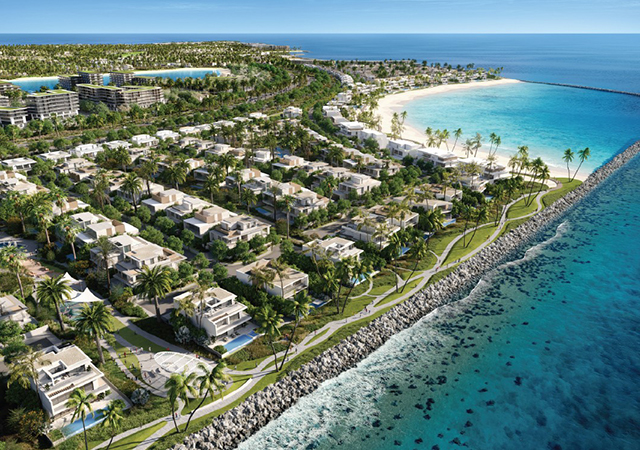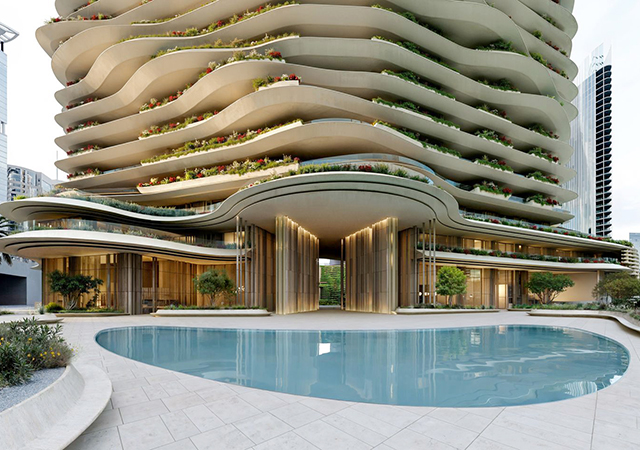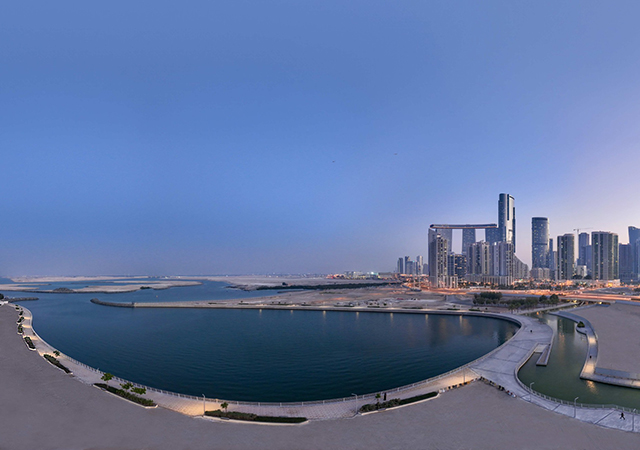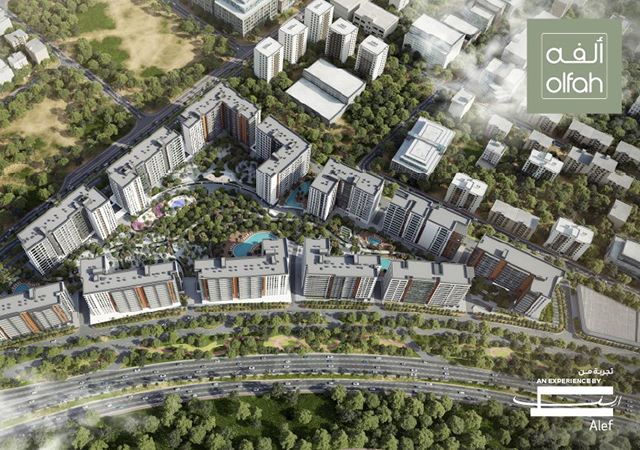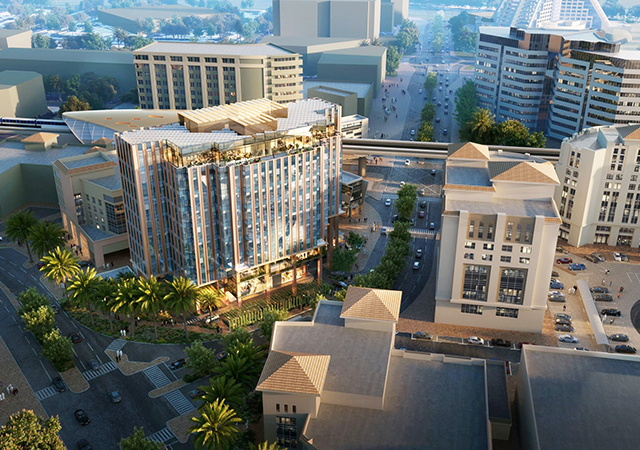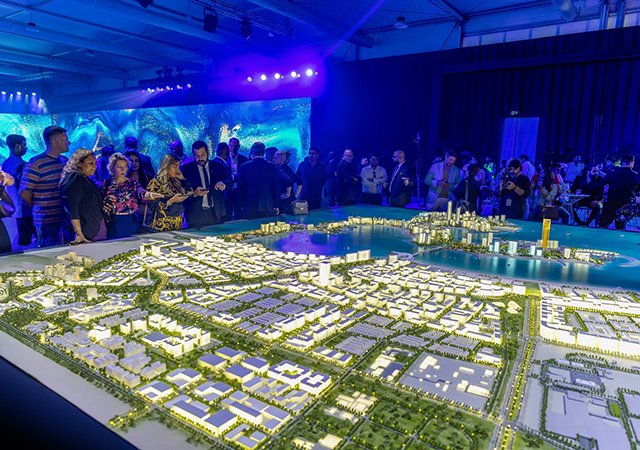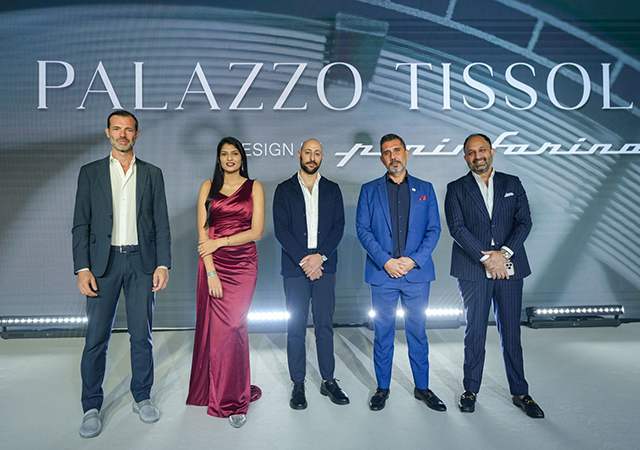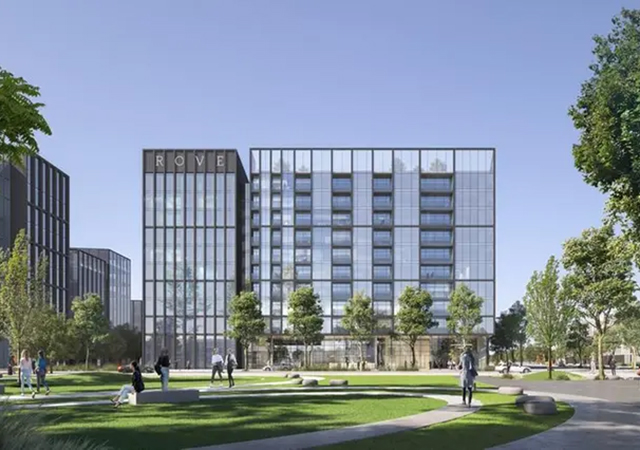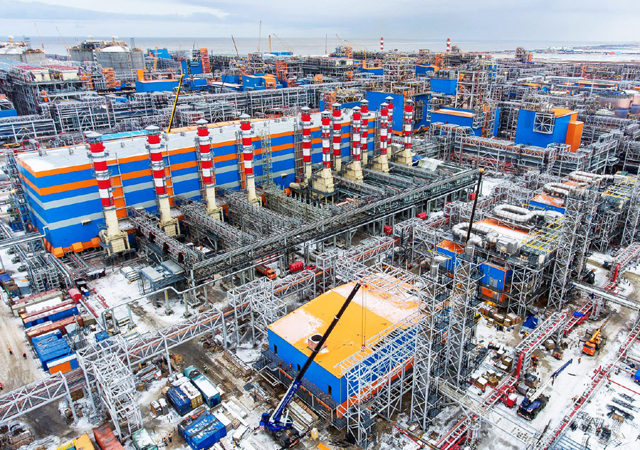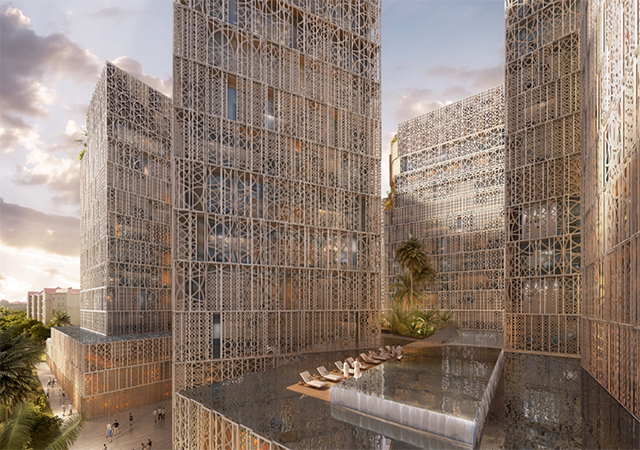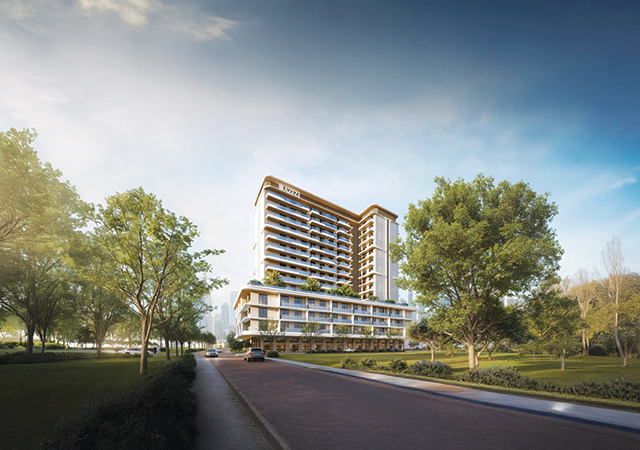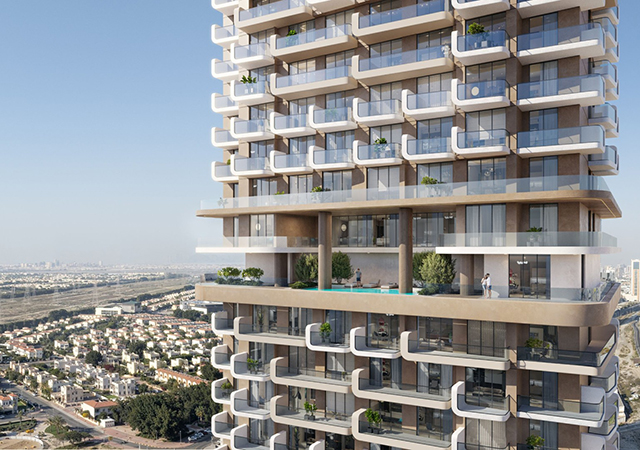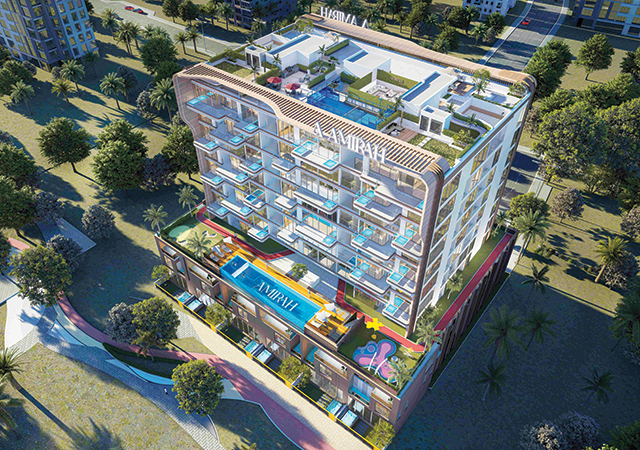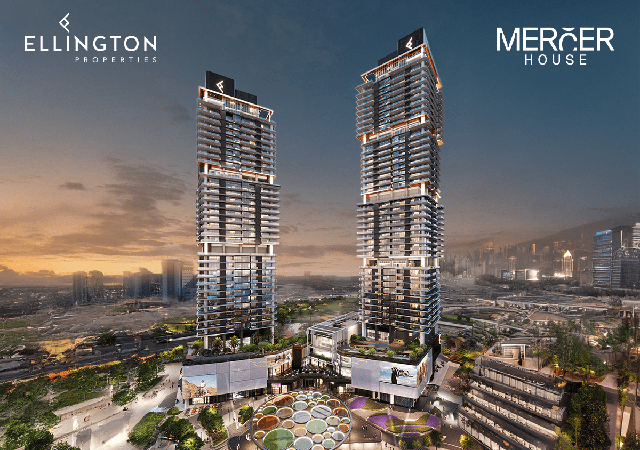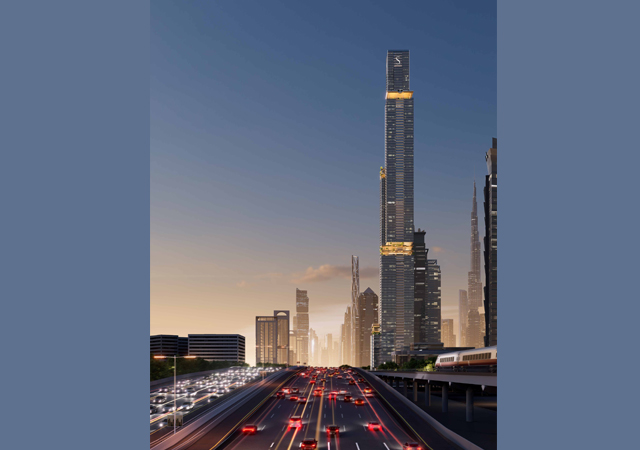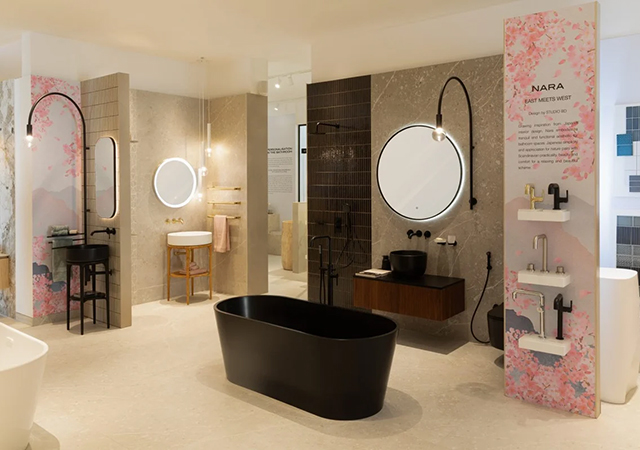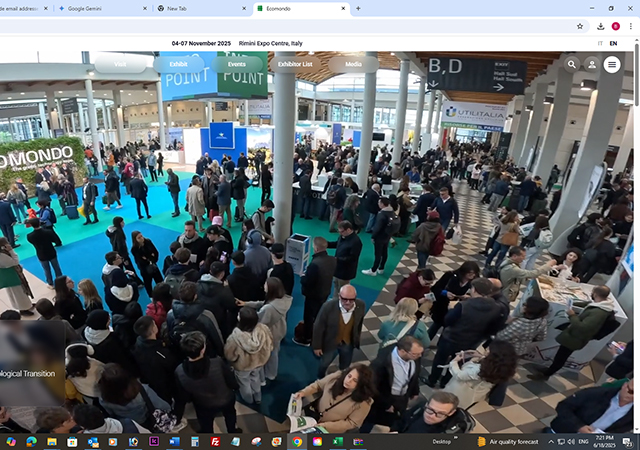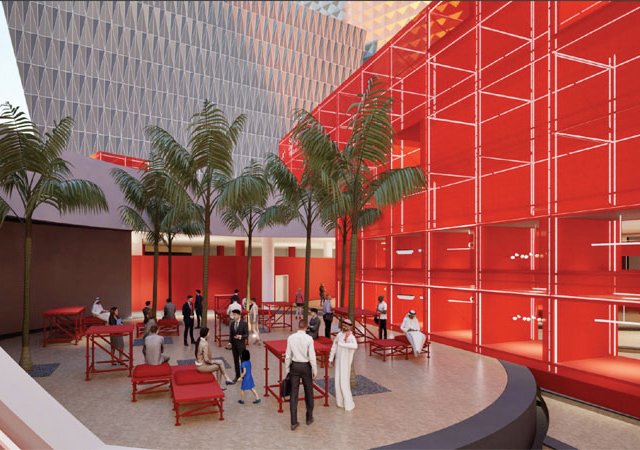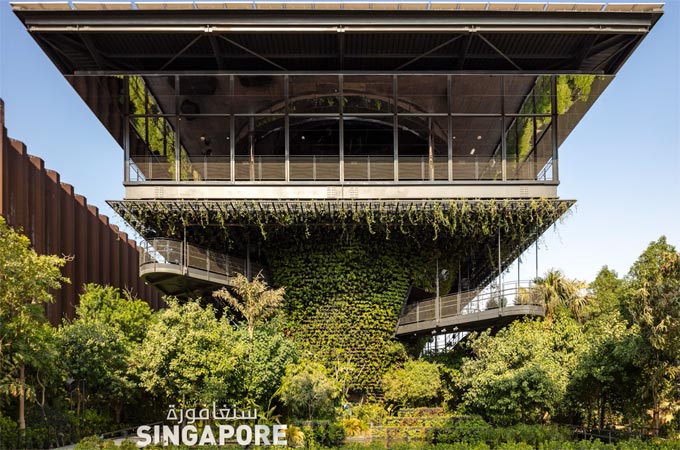 Singapore Pavilion, World Expo 2020, Dubai - WOHA
Singapore Pavilion, World Expo 2020, Dubai - WOHA
The Royal Institute of British Architects (RIBA) on Wednesday revealed the 9 winning projects of its inaugural RIBA Middle East Awards, recognising the best of the region’s new architecture.
The winning projects will be celebrated at a special awards event on November 7, held during Dubai Design Week.
This year’s projects celebrate the architectural ambition and diversity of the Middle East. From inspiring new civic spaces to sustainable places for learning and community, the winning designs show how architecture is reshaping the future of the built environment in the region, RIBA said.
The impact of architecture to redefine how people live and connect was central to the winners. Among them, the world’s first purpose-built women’s only mosque - a groundbreaking landmark of equality and innovation located in Qatar - reimagines traditional spaces of worship as places for education, empowerment and community, marking a major cultural shift in the Gulf.
Across the Middle East, architecture is addressing the region’s challenges of climate and urbanisation. In Riyadh, the ambitious transformation of a former airport into the world’s largest city park introduces a vital green intervention to the city and a new benchmark for urban public space. In Dubai, a new secondary school supporting an evolving curriculum shows how thoughtful, sustainable design can deliver lasting environmental impact, while an Expo 2020 site has evolved into a vibrant civic plaza, hosting year-round events that celebrate community and cultural diversity.
At their core, the winning projects are united by a sensitivity to context - designed with integrity to heritage, landscape, and culture. In the desert outside of Sharjah, a modular, fossil-inspired geology park seamlessly blends with the terrain, guiding visitors through the region’s deep geological and human history while leaving a light footprint on the land.
Spanning the UAE, Saudi Arabia, and Qatar, the awarded projects celebrate the breadth of architectural talent that is impacting the Middle East today. Contributions from internationally acclaimed practices - including Diller Scofidio + Renfro (USA), Hopkins Architects (UK), and WOHA (Singapore) - as well as firms from Germany, Japan, and the UAE, underscore the region’s global reach and design prowess. Together, these projects, diverse in scale, method, and purpose, reflect the region’s thriving architectural ecosystem and affirms the Middle East’s growing significance in contemporary architectural discourse, RIBA said.
Kerem Cengiz, the Jury Chair for Middle East Awards, said: “The winning projects reflect an architectural language that is deeply rooted in the Middle East’s evolving identity, one defined by stewardship of heritage, climate consciousness, and social transformation. Each shows how architecture can mediate between tradition and progress: preserving memory while embracing innovation. Collectively, they express a profound belief that design can honour culture, empower communities, and nurture a sustainable future for the Middle East.”
The award winners will be celebrated during Dubai Design Week at a dedicated public event on November 7, from 7-9 pm, at Atrium 6, Dubai Design District (d3). The ceremony will open with remarks from Dr Valerie Vaughan-Dick, RIBA’s Chief Executive Officer, followed by an address from Kerem Cengiz, Jury Chair. Jury members will then present each award category and the winning project, highlighting the ideas and impact behind this year’s prized works.
The 9 winners of the RIBA Middle East Awards are:
* Adaptive Reuse Winner - The Serai Wing, Sharjah - Bait Khalid Bin Ibrahim by ANARCHITECT. The Serai Wing transforms two 1950s pearl-merchant homes into a serene boutique hotel, blending Sharjah’s rich past with contemporary comfort. By introducing new spaces while also restoring the original character of the building, it exemplifies how adaptive reuse can bring new life and relevance to the region’s historic fabric.
* Design for Living Winner - Al Wasl Plaza, Dubai - Adrian Smith + Gordon Gill Architecture Al Wasl Plaza, the centerpiece of Expo 2020 Dubai, has evolved into a vibrant community hub at the heart of Expo City. Its iconic 360° domed trellis hosts year-round light shows, performances, musical productions and more, transforming the landmark into a lasting destination that celebrates culture, community, and sustainable design.
* Future Project Winner - King Salman Park, Riyadh - Gerber Architekten is leading a joint venture with two engineering partners, Buro Happold, and Setec Transforming a former airport into the world’s largest urban park, King Salman Park introduces a vital green intervention to the heart of Riyadh. Designed to enhance biodiversity, improve air quality, and promote active, healthy living, it reflects Saudi Arabia’s Vision 2030 commitment to a more sustainable and livable future.
* RIBA Member Winners
- Buhais Geology Park Interpretive Centre, Al-Madam Plan - Hopkins Architects Set within a protected desert landscape, Buhais Geology Park brings the story of the earth to life through a series of striking, shell-like buildings inspired by fossilised sea urchins found on site. Designed to blend gently with the surrounding terrain, the centre allows visitors to explore the region’s ancient geology and fossils while preserving the fragile desert environment.
- Expo 2020 Thematic Districts, Dubai - Hopkins Architects The Expo 2020 Thematic Districts transformed the desert into a human-scaled, walkable city inspired by traditional Arab urbanism. With shaded courtyards, tree-lined streets, and adaptive reuse at its core, the project has seamlessly evolved into a thriving mixed-use quarter for Dubai’s future.
* Social Architecture Winner - Al-Mujadilah Center and Mosque for Women, Doha - Conceived by Her Highness, Sheikha Moza bint Nasser, designed by Diller Scofidio + Renfro The Al-Mujadilah Center is the world’s first purpose-built contemporary women’s mosque, designed to foster equality and community engagement. The 4,645 sq m building features a grand prayer hall, classrooms, courtyard, and flexible spaces under a signature undulating roof with 5,000+ light wells. Flooded with natural light, it supports education, skills development, and inclusive worship, marking a transformative shift in religious spaces across the region.
* Sustainability & Resilience Winner - Jafar Centre, Dubai College, Dubai - Godwin Austen Johnson The Jafar Centre at Dubai College is a purpose-built STEM facility enhancing collaborative, flexible, and inclusive learning. Replacing underused space in Al Sufouh, the compact vertical building was delivered with minimal disruption and prioritises daylight, acoustics, thermal comfort, and sustainability, aiming for LEED Gold certification.
* Temporary Architecture Winners
- Singapore Pavilion, World Expo 2020, Dubai - WOHA The Singapore Pavilion transformed desert into a lush oasis of vertical gardens, achieving net-zero energy and water use with recyclable materials. Showcasing Singapore’s sustainability and biodiversity innovations, its welcomed over one million visitors and sparks dialogue on climate resilience and sustainable living.
- World Food Waste Teahouse: Arabi-an, Dubai - Mitsubishi Jisho Design ARABI-AN, the Dubai edition of the World Food Waste Teahouse, uses tea leaves and dried fruit to form the world’s first food concrete structure. Fully biodegradable and climate-adaptive, the pavilion can be dismantled and relocated, showcasing circular design in a culturally meaningful context.
Chris Williamson, RIBA President, said: “The projects recognised in the RIBA Middle East Awards show architecture’s growing influence in shaping how people live, learn, and come together across the region. They celebrate progress, not only in design and technology, but in how buildings can create opportunity, inclusivity, and lasting cultural value.” - TradeArabia News Service



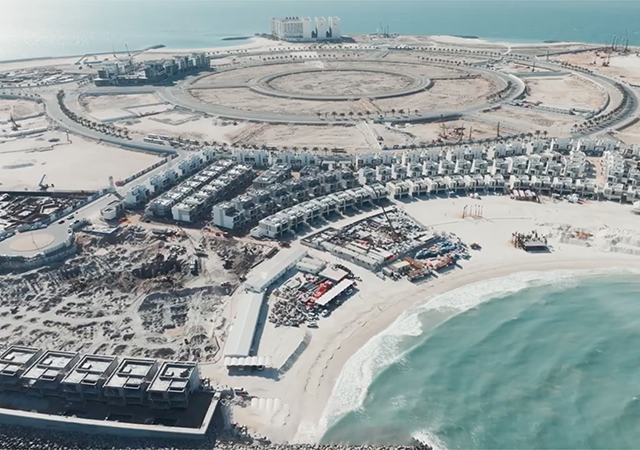
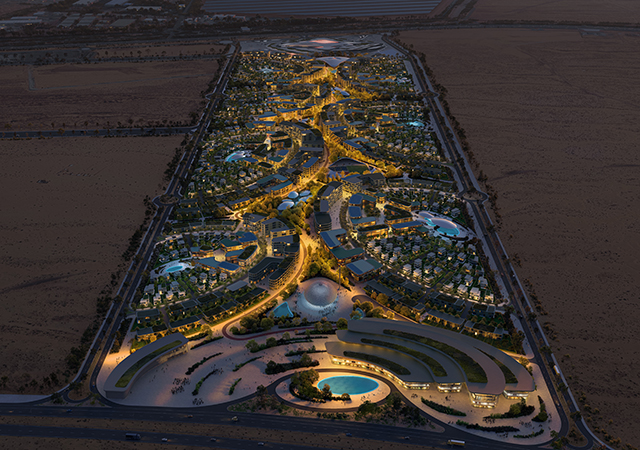
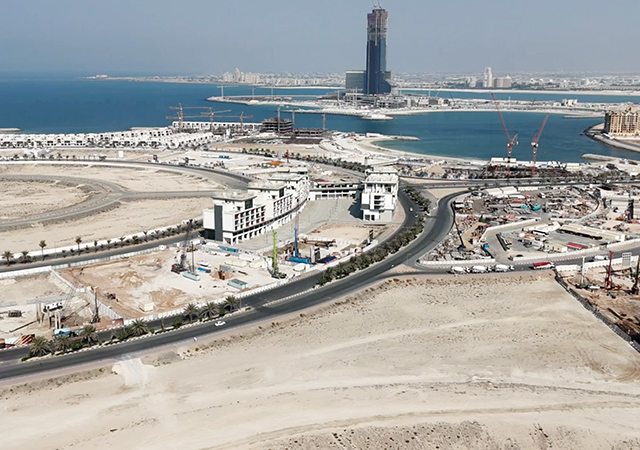
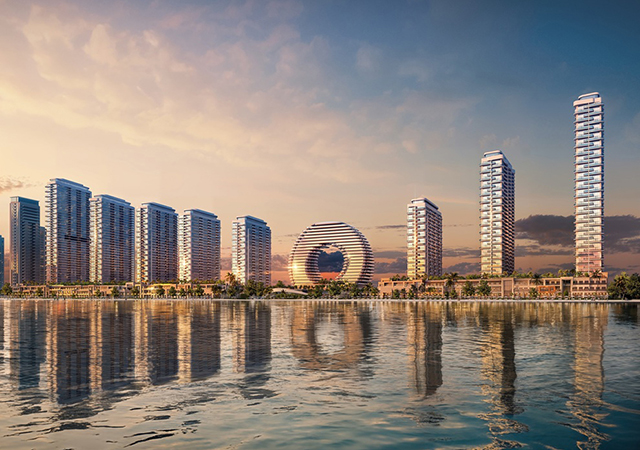
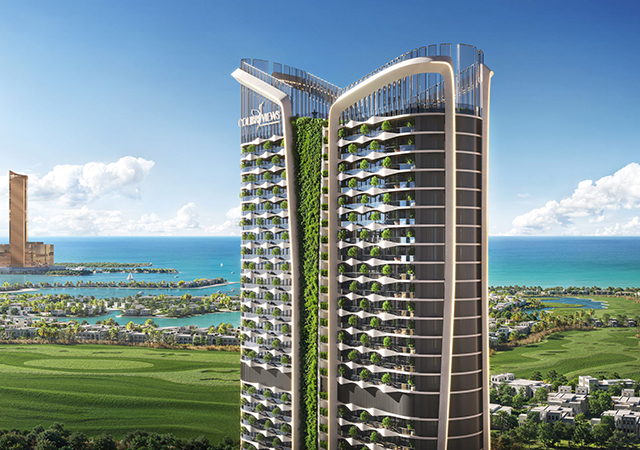
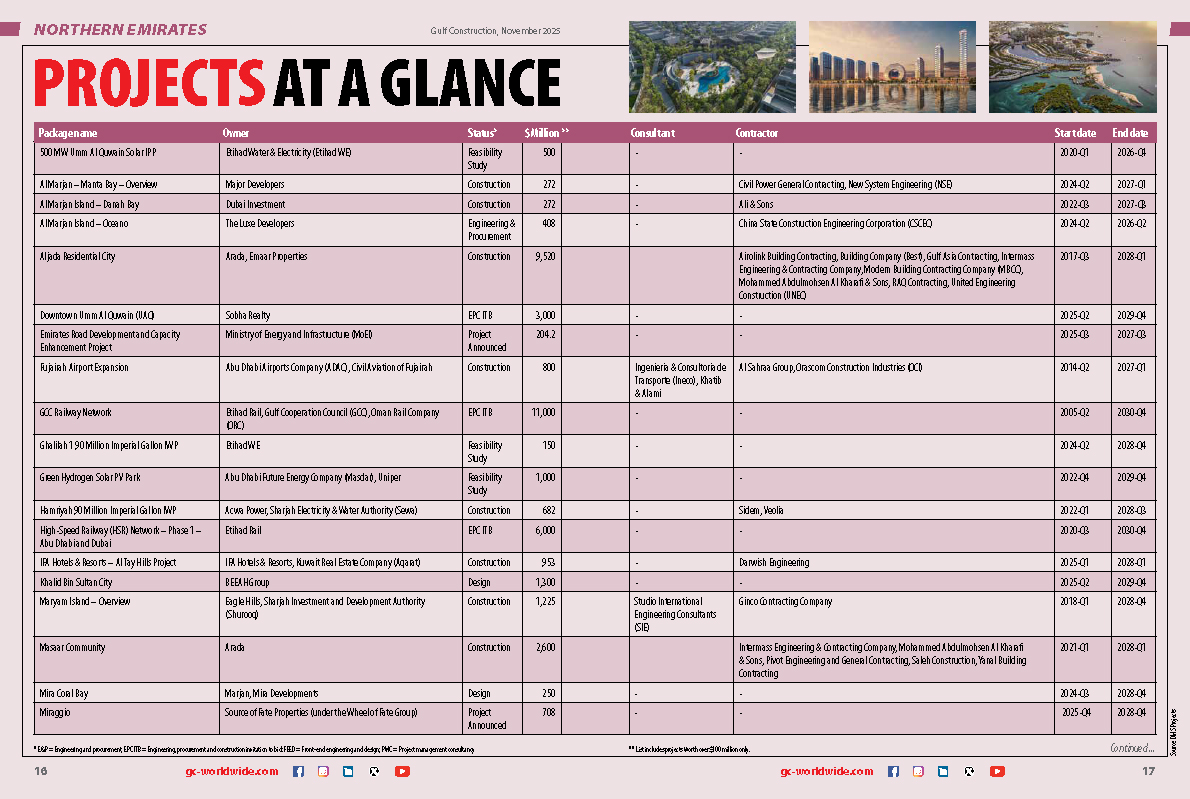
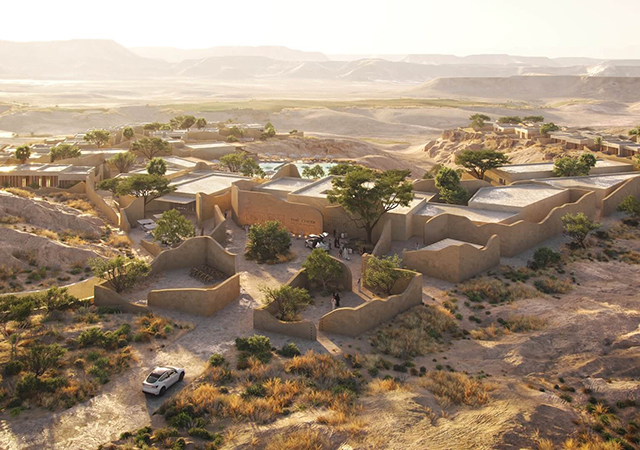
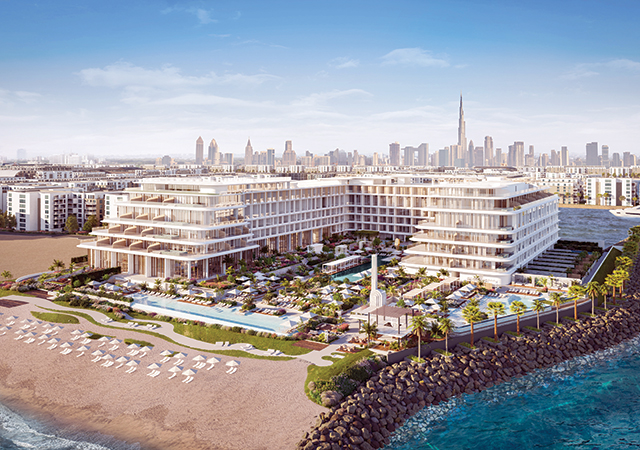
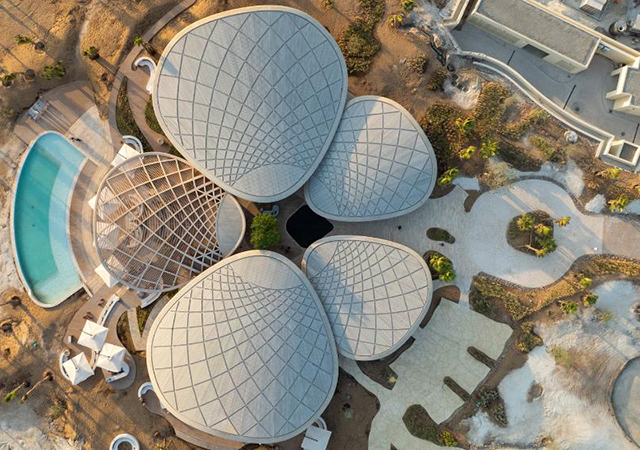

(5).jpg)
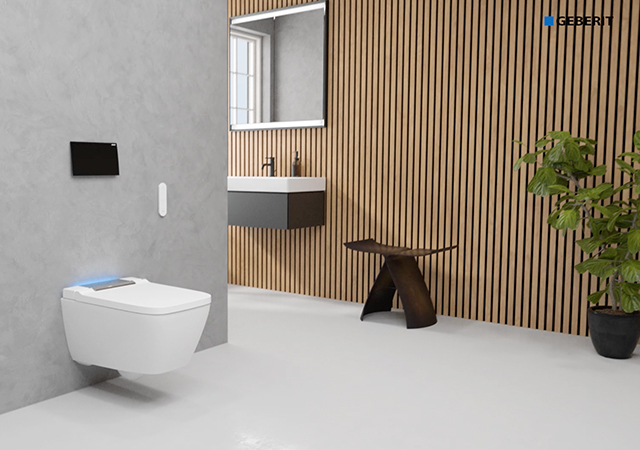


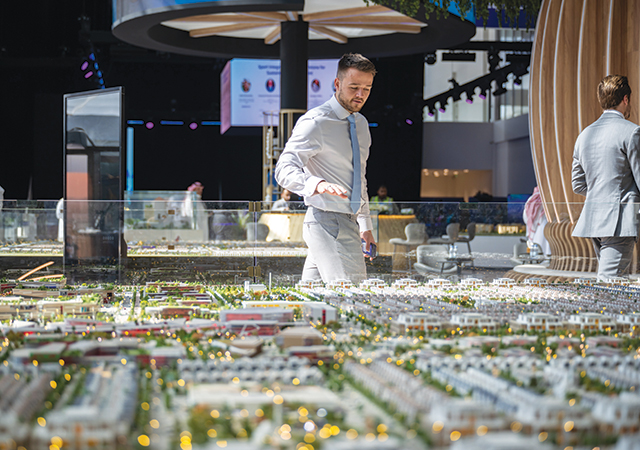
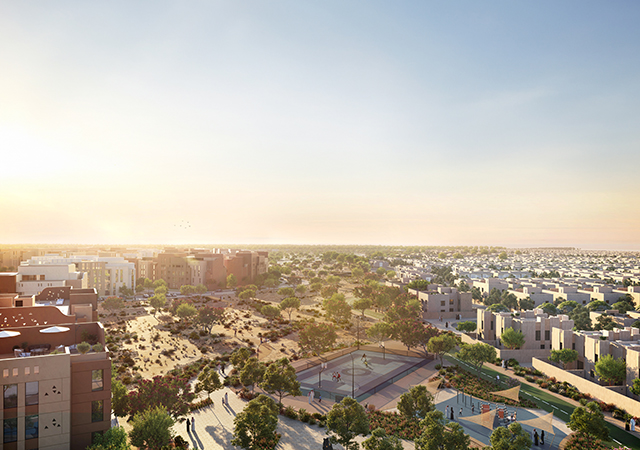
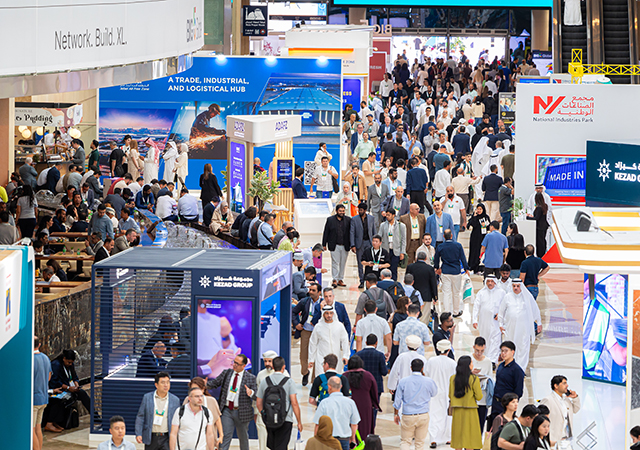
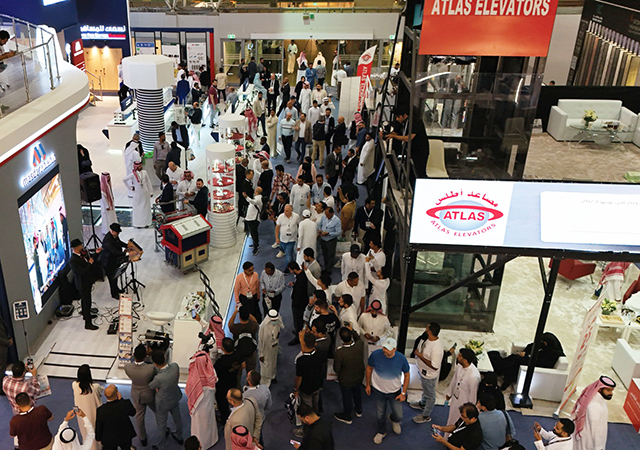
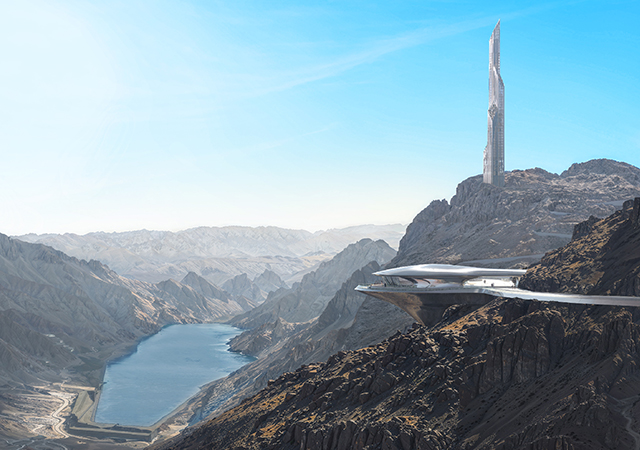
.jpg)
